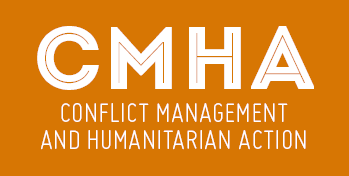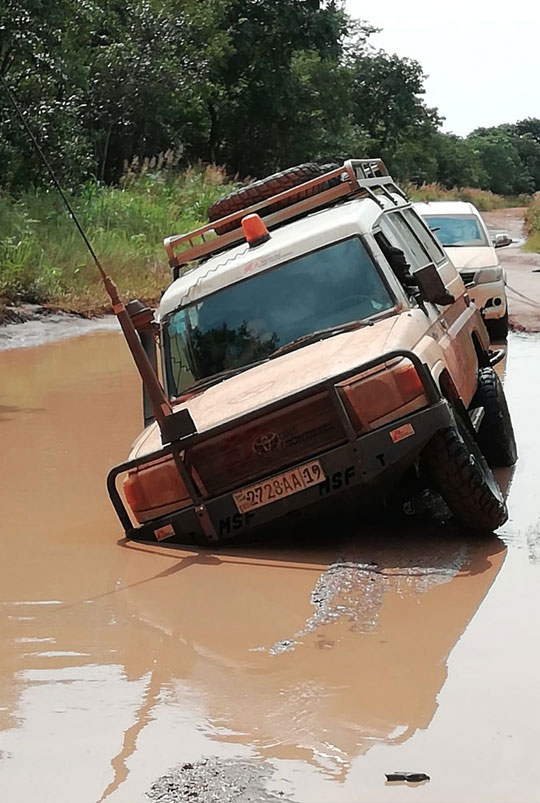Pillar I
GLOBAL POLITICS CONFLICT AND PEACEBUILDING
Co-ordinator: Luca Verzichelli
Modules:
1. Global politics, global power and international relations
This module introduces the main challenges of contemporary global politics: the introductory presentations will focus in particular on the crisis of democracy and the problems of democratization in the different areas of the globe. Moreover, a general overview on the changing perspectives of international relations will be discussed.
2. Research methods and the intercultural context
The objective of the course is to introduce students to the main techniques of data collection and analysis, applicable in both academic study of humanitarian action and the humanitarian work field.
Among the various data collection techniques, students will familiarize themselves particularly with qualitative interviewing and content analysis. Moreover, students will be introduced to the basic notion of data entry and exploratory data analysis (correlation analysis).
3. Conflict resolution: the Rondine method
The module explores the relational approach to creative conflict transformation as an innovative method in the field of peace studies and conflict resolution. The method (called Metodo Rondine) comes from the twenty-year experience of the Associazione Rondine - Rondine Cittadella della Pace, which hosts every year young "enemies" from conflict and/or post conflict countries.
The module is articulated to allow understanding the theoretical and methodological approaches and the necessary tools to know how to generate "relational habitats".
The aim is the deconstruction of the image of the enemy at any level, the ability to deal with the conflict and become an active part of processes of civil and social impact.
4. From war to peace: patterns of conflict resolution and institutional building in contemporary world
This module presents an overview of humanitarianism throughout history main guiding principles guiding any humanitarian response. During the module students are provided with a critical overview of humanitarianism and its limits. The module discusses main debates about humanitarian principles and reality on the ground, defining the humanitarian space, getting access to the people in needs, and negotiations.
5. Intercultural relations and cultural diplomacy
...



